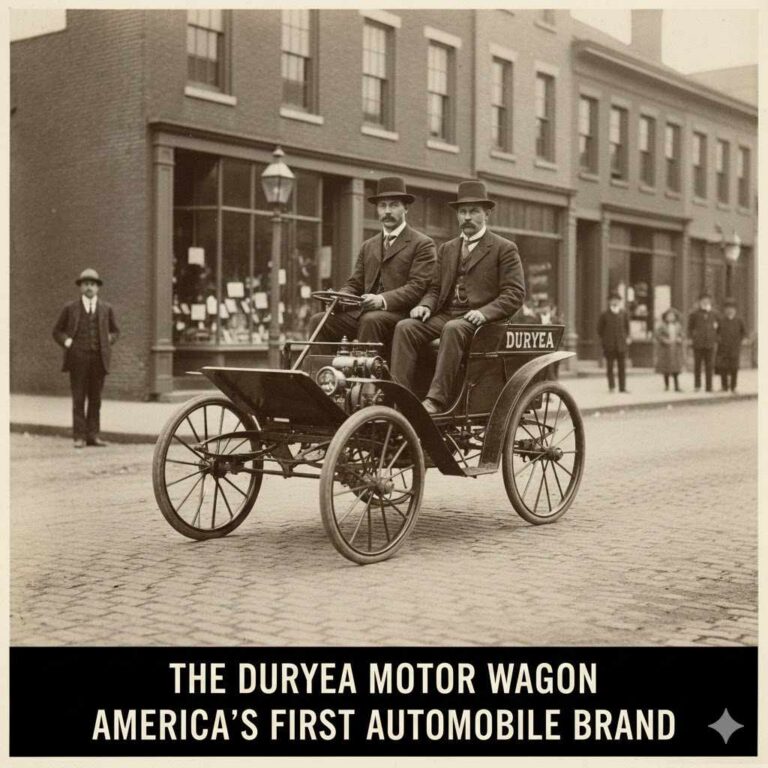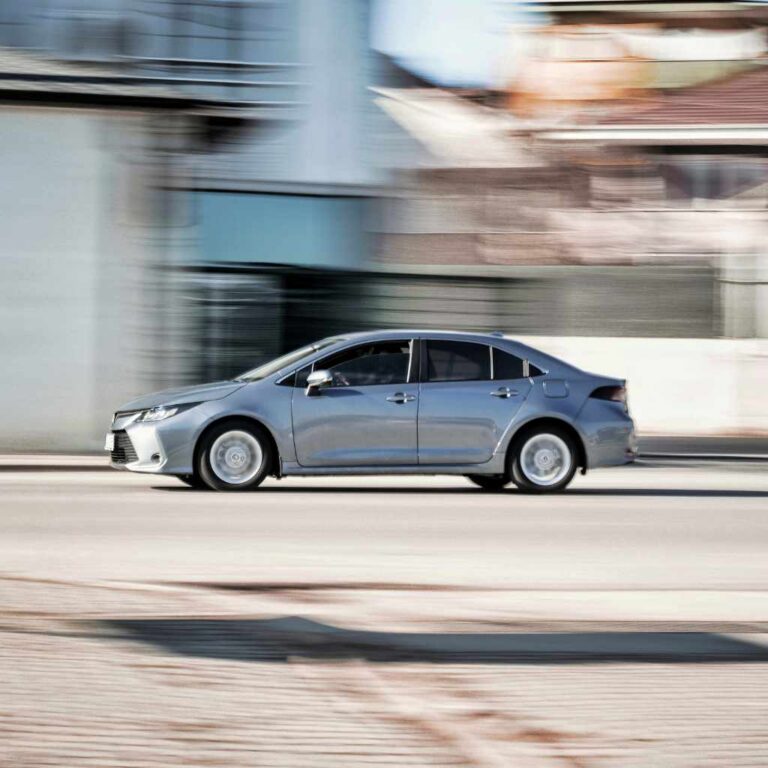Can the Cold Kill a Car Battery?: Shocking Truths Revealed
Yes, cold weather can kill a car battery. Frigid temperatures can cause an already failing battery to lose power and eventually fail to start the car.
The Cold Hard Facts
When it comes to car batteries, cold weather can be a real challenge. The science behind it is quite simple – cold temperatures affect battery performance. As the air outside cools, the oil in your car thickens, causing your battery to lose a third of its power in freezing weather. While it’s true that excessive summer heat can also damage a battery, frigid temperatures can be the final blow for an already failing battery.
So, how do you protect your car battery from the cold? One way is to keep it fully charged. Driving your car often and using a trickle charger to top it up if necessary can help ensure that your battery stays strong through the winter. Additionally, checking your battery if it’s been a few years since you’ve replaced it is important, as Arctic temperatures can cause an older battery to die.
In conclusion, while the cold weather can’t directly kill a car battery, it can definitely weaken it and contribute to its failure. Taking steps to protect your battery and being proactive can help ensure that your car starts reliably even in the coldest of temperatures.
Chilling Evidence
Studies have shown that cold weather can have a significant impact on car batteries. Real-life scenarios of battery failure in freezing temperatures are not uncommon. Batteries that are already struggling may lose power and fail to start a vehicle in cold conditions. It’s essential to take proactive measures to protect your car battery from the adverse effects of cold weather. Keeping the battery fully charged, driving often, and using a trickle charger can help maintain its strength during the winter months. Additionally, extreme summer heat can also contribute to battery damage, making it important to monitor the battery’s health throughout the year.
Survival Of The Fittest
The cold weather can indeed kill a car battery. Freezing temperatures can cause the battery’s power to decrease, making it difficult to start the car. To protect your battery from the cold, keep it fully charged, drive your car often, and use a trickle charger if necessary.
Can the Cold Kill a Car Battery Survival of the Fittest Why Some Batteries Withstand Cold Better Cold-Resistant Batteries have certain characteristics that make them more suitable for extreme temperatures. These batteries are designed to withstand the freezing cold conditions, ensuring that they don’t lose power or fail to start the car. One important characteristic is a higher cold cranking amp (CCA) rating, which measures the battery’s ability to start the engine in cold weather. Cold-resistant batteries have a higher CCA rating, allowing them to deliver the necessary power even in low temperatures. Another characteristic is the use of special materials and technologies that prevent the battery from freezing or losing power in cold weather. These batteries are often equipped with advanced insulation and internal heating systems that keep the battery warm and maintain its performance. Additionally, cold-resistant batteries are built with sturdy and durable components that can withstand the harsh conditions of extreme cold. This includes robust internal connections, fortified casings, and reinforced terminals that are less susceptible to damage caused by temperature fluctuations. In conclusion, cold-resistant batteries have specific features that enable them to withstand the cold and maintain their performance. These batteries are designed with higher CCA ratings, advanced insulation, and durable components, making them a reliable choice for vehicles in cold climates.Pre-winter Battery Check-up
Before winter sets in, it’s crucial to check your car battery for any signs of weakness. Keep an eye out for indicators such as slow cranking, dim headlights, or a dashboard warning light. If you notice any of these signs, it’s advisable to have your battery professionally tested. A professional can provide you with advice on whether it’s time to replace the battery or if there are any maintenance steps you can take to extend its life.
Bitter Cold Breakdown
Extreme cold can have a significant impact on car battery performance. When temperatures plummet, the chemical reactions inside the battery slow down, reducing its ability to produce power. As a result, battery life can be drained, leading to potential failure. The overnight plunge in temperatures can be particularly harsh on batteries, causing them to fail when needed most. It’s important to take proactive measures to protect your car’s battery during cold weather to ensure reliable performance.
Maintenance Tips For The Frosty Season
During the frosty season, it is crucial to take proper care of your car battery to prevent it from dying in the cold weather. Regular checks and balancing charges are essential to keep the battery fully charged. Insulation and protection techniques like using a battery blanket or parking in a garage can help to prevent the battery from freezing. It is recommended to drive often and use a trickle charger to top up the battery if necessary. AAA Texas says dead batteries are one of the top service calls they respond to during cold weather snaps. It is important to note that excessive summer heat does most of the damage to a battery, and an already failing battery can lose power and eventually fail to start the car in winter.
Emergency Preparedness
Car batteries can be affected by cold weather, and it’s important to be prepared for emergency situations. If you find yourself with a frozen battery, you may need to jump-start it to get your car running again. Make sure to carry the necessary tools with you, such as jumper cables and a portable battery charger. It’s also important to protect your battery from the cold by keeping it fully charged and using a trickle charger if necessary. Cold weather can drain a battery’s power, so driving your car often can help keep the battery charged. If you’re concerned about the health of your battery, have it checked by a professional before cold weather hits.
Myths Vs. Reality
There are common misconceptions about car batteries and their performance in cold weather. Truths uncovered through research and testing reveal that excessive summer heat actually does most of the damage to car batteries, rather than cold weather. However, as temperatures drop in winter, an already failing battery can lose power and eventually fail to start the car. It’s important to note that cold weather can cause a car’s battery to die, particularly in arctic temperatures. To prevent this, it’s advisable to keep the battery fully charged, drive often, and use a trickle charger if necessary. Additionally, AAA Texas reports that dead batteries are one of the top service calls during cold weather snaps, as batteries lose a third of their power in freezing weather.
Beyond The Freeze
Extreme cold can have lasting effects on car batteries, especially with repeated exposure. The chemical reactions inside the battery slow down in cold weather, reducing its ability to hold a charge. To extend battery life through the seasons, ensure it remains fully charged. Regular driving and the use of a trickle charger can help maintain its charge. Additionally, extreme heat in summer can also damage the battery. Therefore, taking preventive measures can help keep the battery strong and reliable, even in the face of freezing temperatures.
Case Studies
During the winter, we often hear stories from customers who experience battery failures in their cars. One customer mentioned that their battery died overnight during a particularly cold spell, leaving them stranded in the morning. Another customer shared how their new battery couldn’t withstand the freezing temperatures and failed to start their vehicle.
These anecdotes highlight the impact of cold weather on car batteries. While the cold alone may not permanently damage a fully charged battery, it does reduce its power output. Additionally, extreme temperature fluctuations, such as going from hot summers to freezing winters, can accelerate battery deterioration.
To prevent battery issues in cold weather, it is essential to keep your battery fully charged and consider using a trickle charger to maintain its charge. Regularly driving your vehicle can also help keep the battery healthy. If you notice any signs of a weak battery, such as slow cranking or dim lights, it may be time to have it checked and potentially replaced.
Innovations In Battery Technology
Can the cold weather affect a car battery? Yes, cold temperatures can put a strain on your car’s battery. Your battery loses a third of its power in freezing weather. Excessive summer heat does most of the damage, but as temperatures drop, an already failing battery can lose power and eventually fail to start your car. Future battery designs aim to address these issues, focusing on innovations for cold weather performance. One way to protect your car battery from the cold is to keep it fully charged and use a trickle charger if necessary. Additionally, Arctic temperatures can cause your car’s battery to die, so it’s important to check your battery if it’s been in use for a few years. While cold weather will not damage a fully charged battery, it does reduce the amount of power the battery can produce.
Consumer Advice
In cold weather, car batteries can be affected and potentially die. It is important to keep your car battery fully charged and use a trickle charger if necessary. Excessive summer heat can also contribute to battery damage.
Conclusion
Cold weather can indeed kill a car battery. Low temperatures cause the battery to produce less power, making it harder to start the engine. However, excessive heat during the summer months can also damage the battery. To prevent a dead battery during the winter, it’s important to keep it fully charged and consider using a trickle charger if necessary.
Regular maintenance and inspections can also help ensure the longevity of your car battery.






